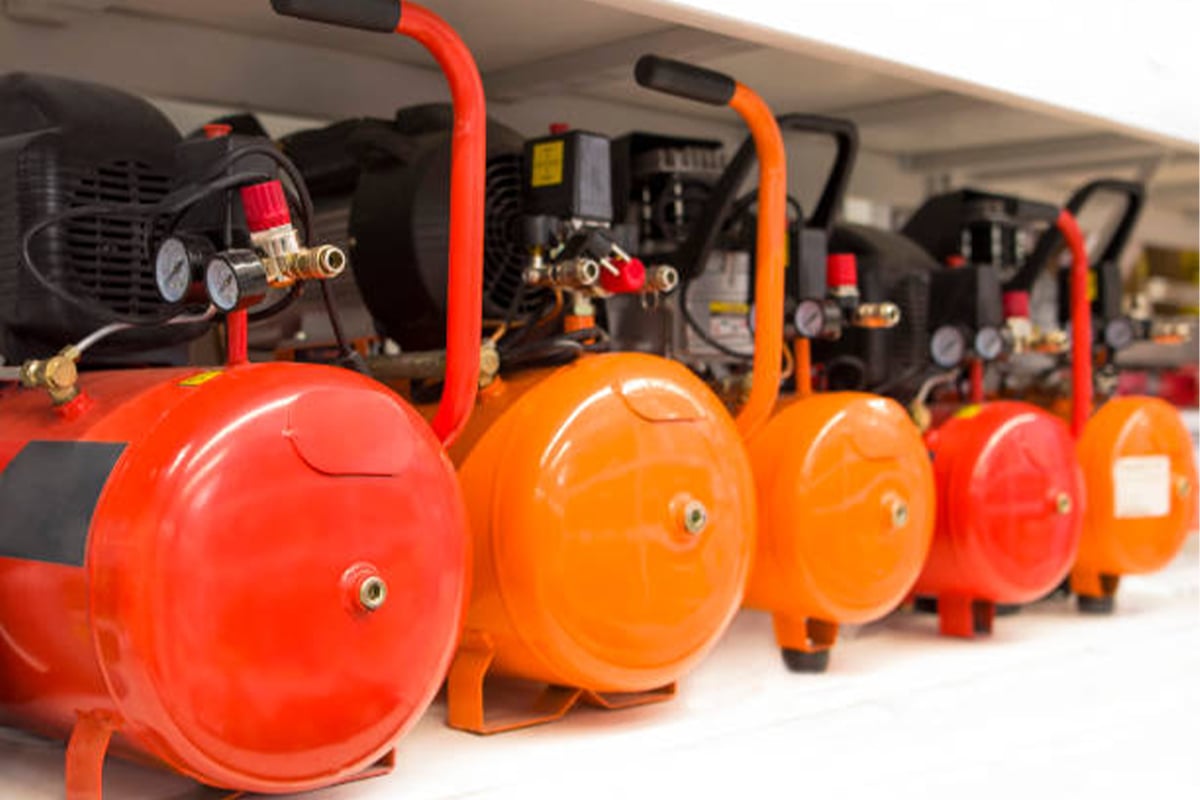Comparing Portable vs. Stationary Car Air Compressors
The choice between a portable and a stationary car air compressor can be a tough decision for any car owner. Both types have their own advantages and disadvantages, and understanding these differences can help you make an informed choice. In this article, we will compare portable and stationary car air compressors across various aspects to help you decide which one suits your needs the best.
1. Portability and Convenience
One of the primary factors to consider when comparing portable and stationary car air compressors is their portability and convenience. Portable car air compressors are designed to be easily carried around, making them ideal for on-the-go situations such as roadside emergencies or quick tire inflation. On the other hand, stationary car air compressors are bulkier and heavier, making them more suitable for fixed locations like garages or workshops.
2. Power and Performance
When it comes to power and performance, stationary car air compressors often have an edge over portable ones. Stationary compressors are usually larger and more powerful, allowing them to generate higher air pressure and flow rates. This makes them suitable for heavy-duty tasks such as operating pneumatic tools or inflating large tires. Portable compressors, while less powerful, are still capable of handling most regular car maintenance tasks effectively.
3. Noise Level
If noise is a concern for you, it's important to consider the noise level of both types of car air compressors. Stationary compressors tend to be noisier due to their larger motors and higher power output. On the other hand, portable compressors are generally designed to be quieter, making them more suitable for use in residential areas or situations where noise restrictions may apply.
4. Storage Space
Another aspect to consider is the storage space required for both types of compressors. Portable car air compressors are compact and can be easily stored in the trunk of your car or in a small storage area. In contrast, stationary compressors are larger and require dedicated space in a garage or workshop. If you have limited storage space, a portable compressor may be the more practical choice.
5. Price Range
Price is often a determining factor when choosing between portable and stationary car air compressors. Portable compressors are generally more affordable, making them a popular choice for casual car owners or those on a budget. Stationary compressors, due to their larger size and higher power output, tend to be more expensive. However, they offer greater durability and long-term value for professional mechanics or those with heavy-duty needs.
6. Maintenance and Durability
Maintenance and durability are crucial considerations for any car air compressor. Stationary compressors, with their robust construction and larger components, generally require less maintenance and are built to withstand heavy usage. Portable compressors, while more compact and lightweight, may require more frequent maintenance and have a shorter lifespan due to their smaller size and lower power output.
7. Versatility
If you require a versatile air compressor that can be used for various tasks beyond just inflating car tires, a stationary compressor may be the better choice. Stationary compressors often come with additional features and accessories, such as multiple air outlets or built-in air tanks, allowing you to use them for a wider range of applications. Portable compressors, while versatile to some extent, are primarily designed for portable inflation tasks.
8. Power Source
Considering the power source is important when comparing portable and stationary car air compressors. Portable compressors are typically powered by the car's battery or a separate power source, such as a wall outlet or a portable generator. Stationary compressors, on the other hand, are usually powered by electricity or may require a dedicated power supply. It's crucial to choose a compressor that aligns with the available power sources in your intended usage location.
9. Air Tank Capacity
The air tank capacity of a compressor determines its ability to store compressed air for immediate use. Stationary compressors generally have larger air tanks, allowing them to provide a steady supply of compressed air for longer periods. Portable compressors, due to their compact size, usually have smaller air tanks, which may require more frequent stops for recharging. Consider the intended usage and required continuous operation time when evaluating the air tank capacity.
10. Brand and Warranty
Lastly, it's essential to consider the brand reputation and warranty offered by manufacturers when comparing portable and stationary car air compressors. Opting for a reputable brand ensures product quality and reliable customer support. Additionally, a longer warranty period provides peace of mind and protection against potential defects or malfunctions.


